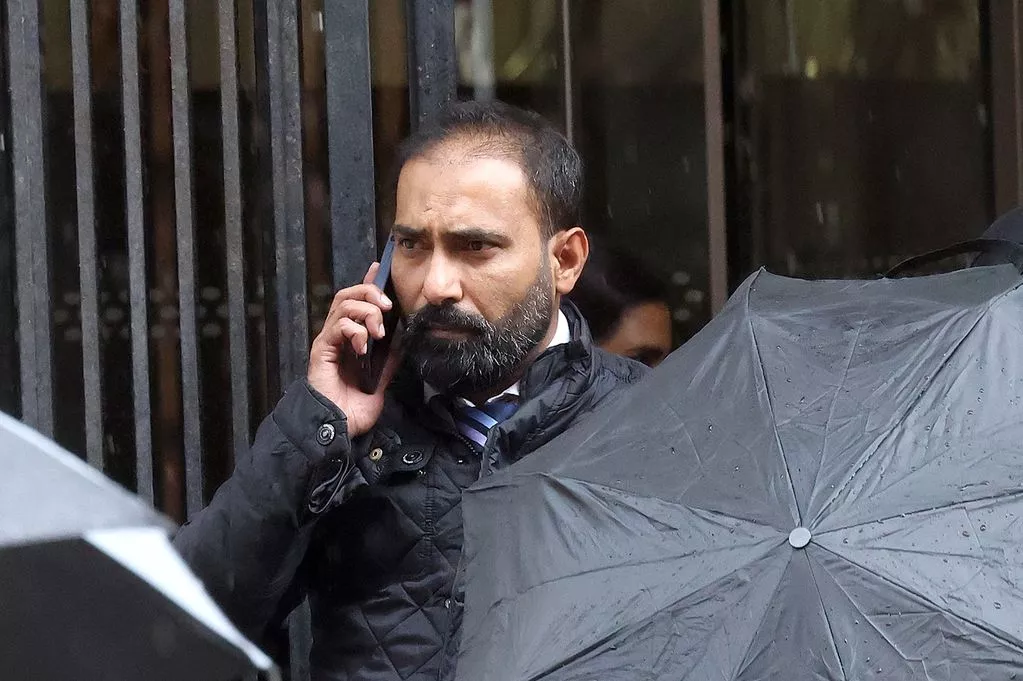UK Doctor Caught Having Sex Mid-Surgery Escapes Punishment
Although the tribunal found his conduct “significant enough to amount to serious misconduct”, the panel determined there is no ongoing impairment of his fitness to practice. No sanction will be imposed at this stage, though a formal warning may be added to his registration. Chair Rebecca Miller said the risk of recurrence is “very low”.

A UK medical tribunal has ruled that Dr Suhail Anjum, a consultant anaesthetist, is at “very low risk” of repeating serious misconduct, and will not be sanctioned for leaving a patient under anaesthetic mid-operation to engage in sexual activity with a nurse.
The Medical Practitioners Tribunal Service (MPTS) heard that on 16 September 2023 at Tameside Hospital in Greater Manchester, Anjum asked a nurse to monitor a patient while he purportedly took a bathroom break. Instead, he left the operating theatre for another theatre (used in part for storage) and was discovered in a “compromising position” with a colleague, referred to in documents as Nurse C. A third nurse, Nurse NT, walked in on the encounter. Anjum returned after approximately eight minutes and completed the surgery. The patient suffered no harm.
Anjum, aged 44, admitted that his actions carried potential risk and acknowledged that he had breached professional standards. He explained the misconduct occurred during a difficult personal period following the premature birth of his youngest daughter, saying that “many things clouded my judgement.”
After an internal investigation, Anjum was dismissed from his post in February 2024. He has since relocated to Pakistan with his family but reassured the tribunal he intends to return to the UK and resume his medical practice.
Although the tribunal found his conduct “significant enough to amount to serious misconduct”, the panel determined there is no ongoing impairment of his fitness to practice. No sanction will be imposed at this stage, though a formal warning may be added to his registration. Chair Rebecca Miller said the risk of recurrence is “very low”.



